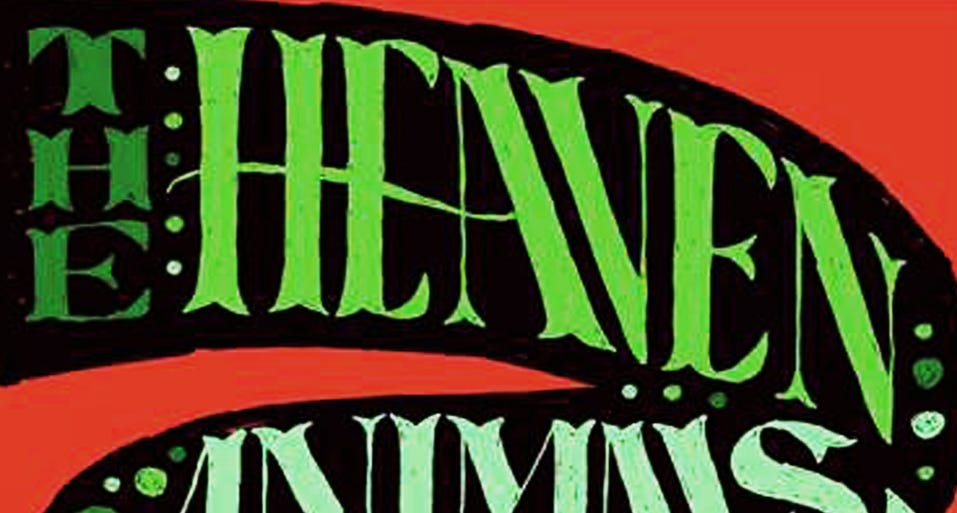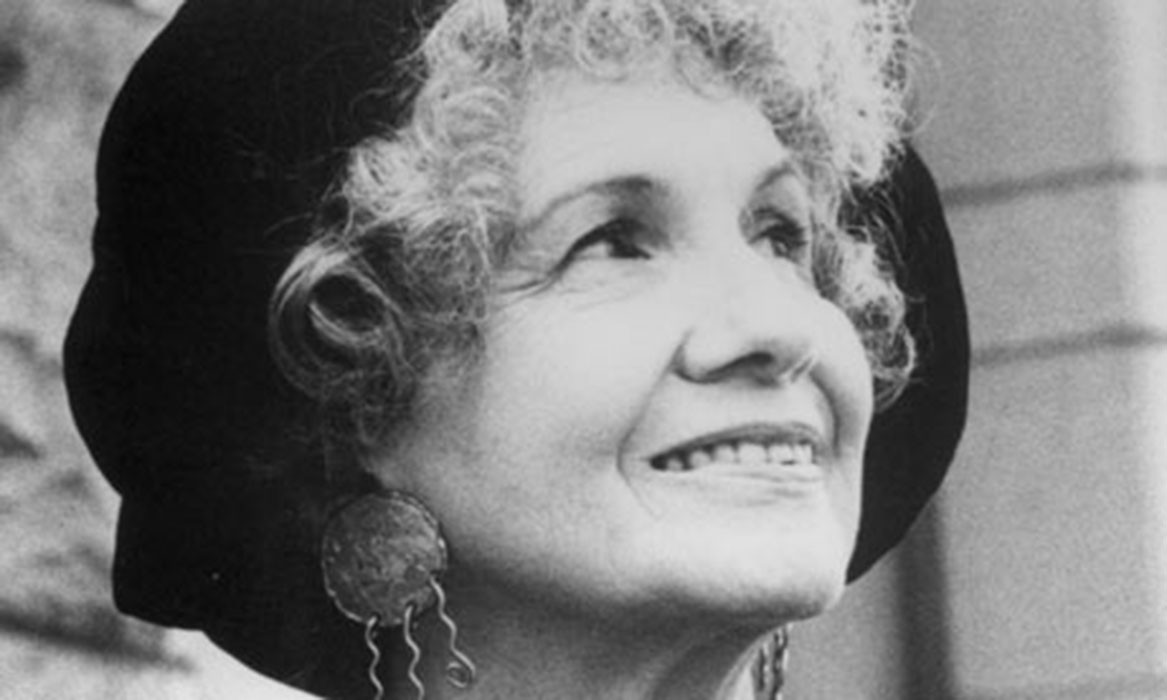Books & Culture
REVIEW: The Heaven of Animals by David James Poissant

by Benjamin Rybeck

In the short stories that make up The Heaven of Animals, everything is about to end. Marriages are about to end. Love affairs are about to end. Lives — of children, husbands, animals — are about to end (or, in some cases, have already ended). Even the world itself seems on the verge of ending, whether that end takes the form of a rainstorm, or a swarm of bees, or even something far more sinister — perhaps “a cosmic collapse.”
This is David James Poissant’s first book, and if Brock Clarke predicts (in blurb form) that Poissant will become “his generation’s Richard Ford,” who am I to argue? Certainly the characters and milieu of The Heaven of Animals are Ford-esque: men and women, working dead end jobs, in (mostly) unromantic places like Tucson, and the I-10 through Texas, and unvarnished suburban landscapes, and the most impoverished stretches of the Gulf Coast. (One lucky character gets to spend his story in the Presidio of San Francisco, but he ends up naked and submerged in the bay, so what does that tell you about Poissant’s view of the “romantic”?)
These stories demonstrate patience in revealing their uniqueness.
Poissant slashes through the overhang of standard lit-mag tropes — broken marriages, siblings in conflict, love affairs — to emerge into spots of surprise. One pair of philanderers are revealed to be cousins who have been at it for nearly two decades; another man, negotiating a fraught relationship with his brother, winds up having a cleansing moment on a nude beach. In a way, the collection’s second story, “Amputee,” in which a divorced man encounters a young woman who wants to go swimming, teaches you how to read the whole book: What begins like Updike-lite makes a hard left into something stranger when the young woman reveals… well, just take another look at the title.
Then, there are the animals scattered throughout this book, sometimes as characters (e.g., a dog named James Dean), and sometimes as metaphors used by Poissant’s people to avoid discussing their lives directly (e.g., a grieving couple who encounter hippos who lick their deceased kin). In some ways, the talking wolf in “What the Wolf Wants” is the most direct character Poissant has constructed; many of the humans in The Heaven of Animals could learn from the wolf’s frankness.
Poissant specializes in portraits of people with paralysis
: men who find fulfillment from “a Whopper, a six-pack, and HBO,” and women who have settled into uninspiring lives. This paralysis makes them ill equipped to deal with the pain that colors their pasts. Here, Poissant’s writing sometimes feels a little overloaded; there are too many tragic back-stories (children have died in their sleep, spouses have careened into frozen ponds, deaf fathers have been murdered) and sometimes — as in “How to Help Your Husband Die” and “Me and James Dean” — the story’s main action derives blunt emotion from easy places (cancer and a dying dog, respectively).
Yet The Heaven of Animals avoids bleakness, no matter how sad its stories may be, and this is a real achievement. Sometimes Poissant lingers too long, searching for epiphany, but his overall project — trying to wring hope from despair — shows great compassion. “They’d pass through this,” Poissant writes of the characters in “Nudists” (maybe his best story). And many characters do manage to pass through the emotional violence of their lives. That Poissant navigates his own minor-key optimism without writing phony prose is a reminder that happiness and misery are equally uncomplicated emotions: The best writers find the rich places in between.

by David James Poissant










